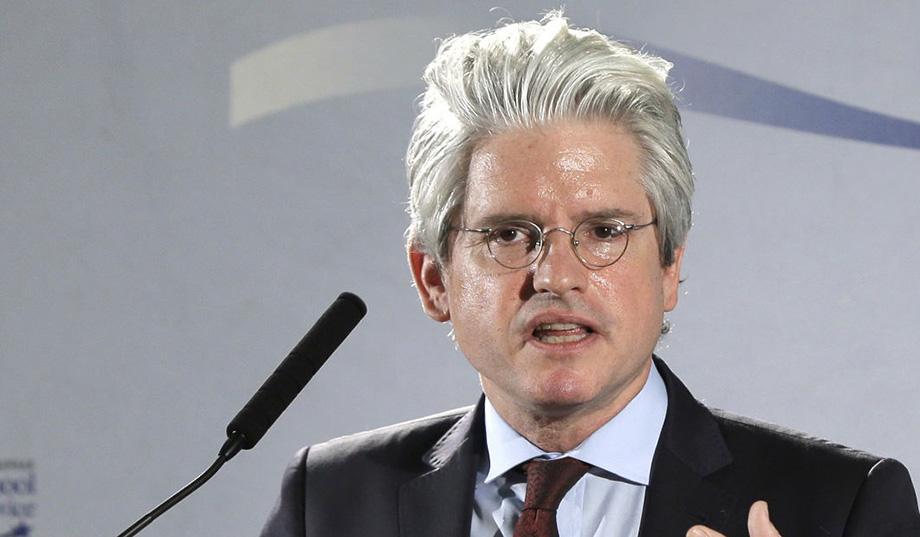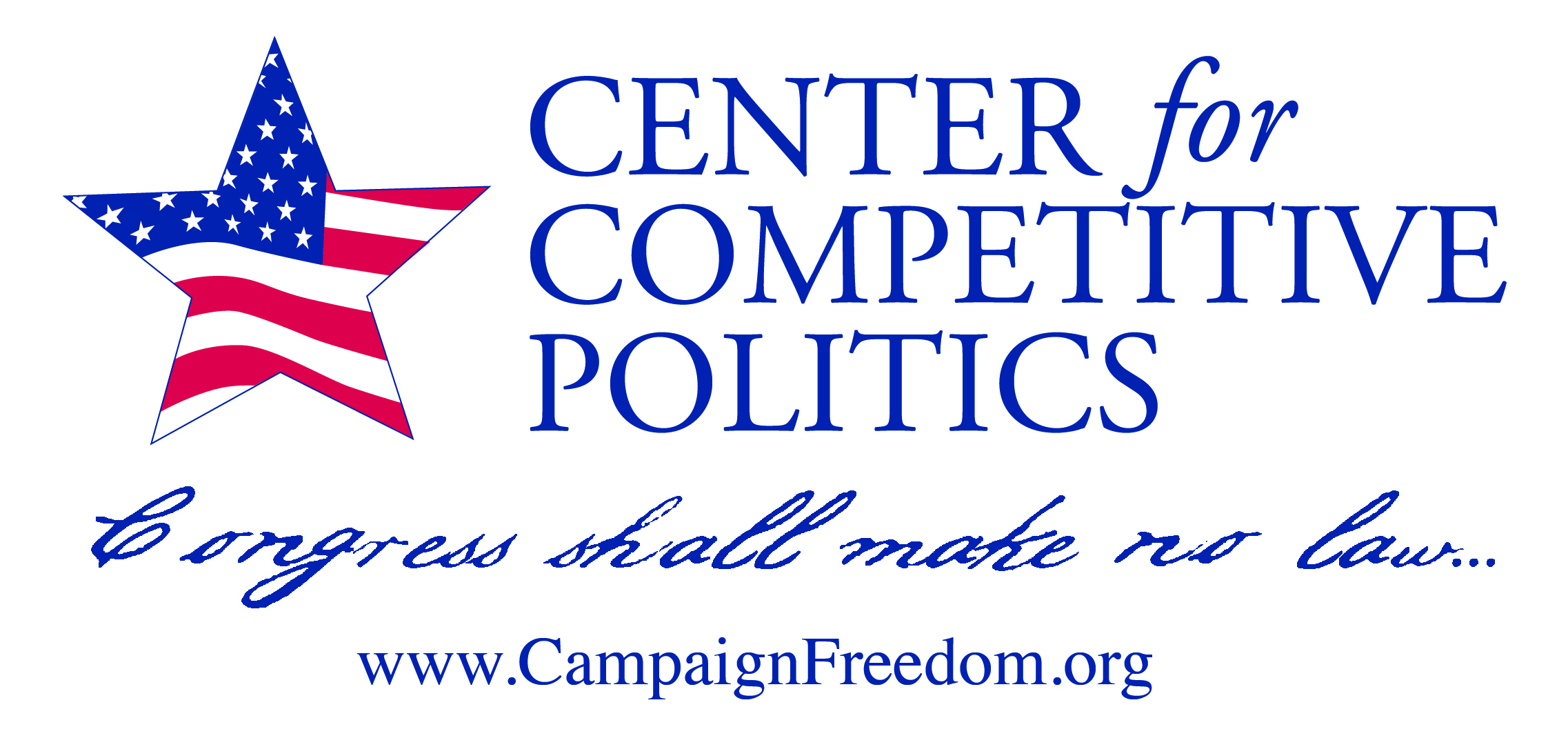The LA Times says we need to break down the wall between church and state in order to save it. This Sunday, in a frankly bizarre editorial, The Times argued for stricter enforcement of rules banning tax-exempt religious organizations from engaging in political activity. The Times does not argue against the right of churches to speak about politics, but argues instead that the price of that freedom should be taxes paid on income, property, and so on.
But why?
The Times presents a solution in search of a problem. They want churches to pay taxes if they’re engaged in politics, but they don’t explain what’s wrong with political activity from tax exempt churches in the first place. The Times doesn’t make any claims about the government needing more revenue, or about other political speakers facing a disadvantage due to tax disparities, so it seems they want taxation purely to discourage and punish those religious organizations that engage in political speech.
The closest The Times comes to explaining their problem with religious political activity is when they say “the problem [with a proposal allowing ministers to endorse candidates ‘in the context of a religious worship’] is that a political endorsement from the pulpit is likely to be influential precisely because it occurs as part of a religious rite.” If The Times’ concern is with undue influence, it’s not clear why they’ve singled out religious groups. Universities are funded by taxpayers (unlike religious organizations) and are full of politically-engaged faculty members that wield considerable power and influence over their students. The Times doesn’t seem panicked about the influence of universities, employers, political parties, media members, and other authority figures, and doesn’t explain why churches are a special case. The “problem” might just be that The Times doesn’t like what some churches have to say.
Tax exemptions for religious organizations have been controversial as long as they’ve existed, and I don’t seek to justify them here. What I question is why political speech is the proverbial straw breaking the camel’s back. Why shouldn’t religious groups be able to speak about the pressing issues of the day? People join together in religious organizations to explore and implement their spiritual beliefs and ideals. Part of that process necessarily requires discussing which government policies and candidates are better than others. It’s unclear what’s so wrong about allowing a group of believers to work for the election or defeat of candidates who share or reject their beliefs.
History has shown that many political leaders have overtly religious or anti-religious goals that clearly affect religious groups. Imagine a Jewish synagogue in 1930s Germany: shouldn’t they have the ability to tell their members to oppose the rise of Hitler? Yet, under the regulatory scheme supported by The LA Times, they would be unable to “corrupt” politics by mobilizing voters against the Nazis. That example may sound extreme, but it provides a simple truth about the importance of free political speech rights regardless of the entity that’s speaking.
In the world as told by The LA Times, IRS agents would monitor Sunday sermons and then pass out fines to speakers they thought were too political. It’s not clear to me what problem that solves, but I can guess one it’s likely to cause: a massive scandal involving the suppression of political activity by government, unfair belief-based targeting of certain groups, and egregious abuse of IRS authority. Oh, hey! Look at that. Called it.














